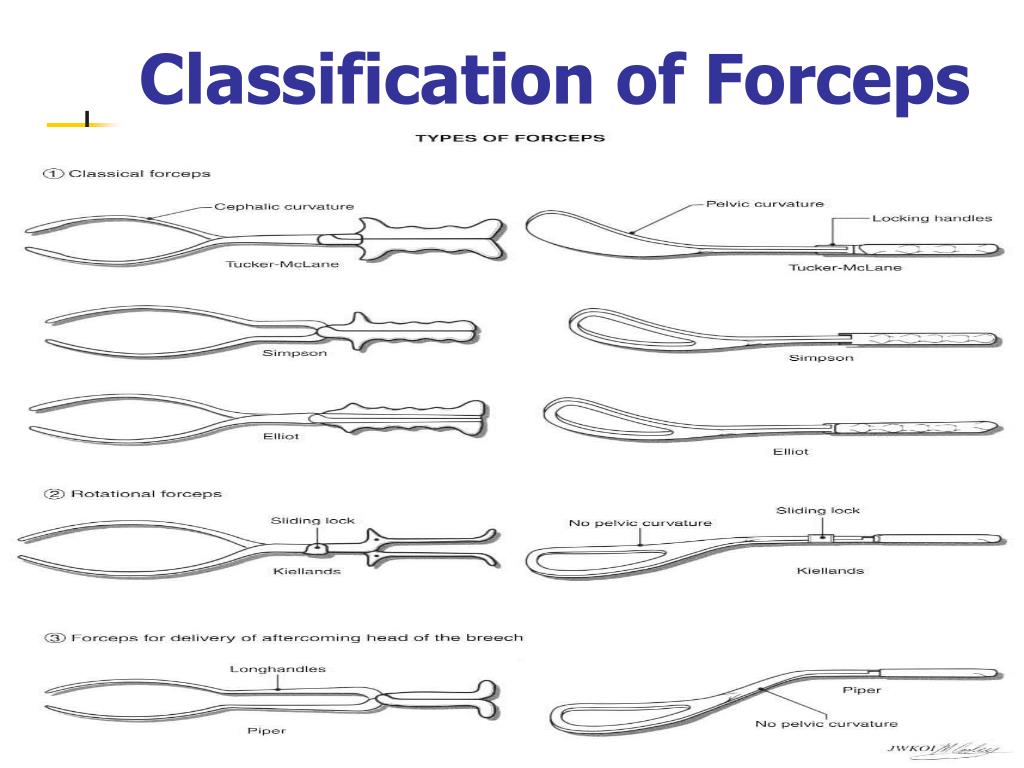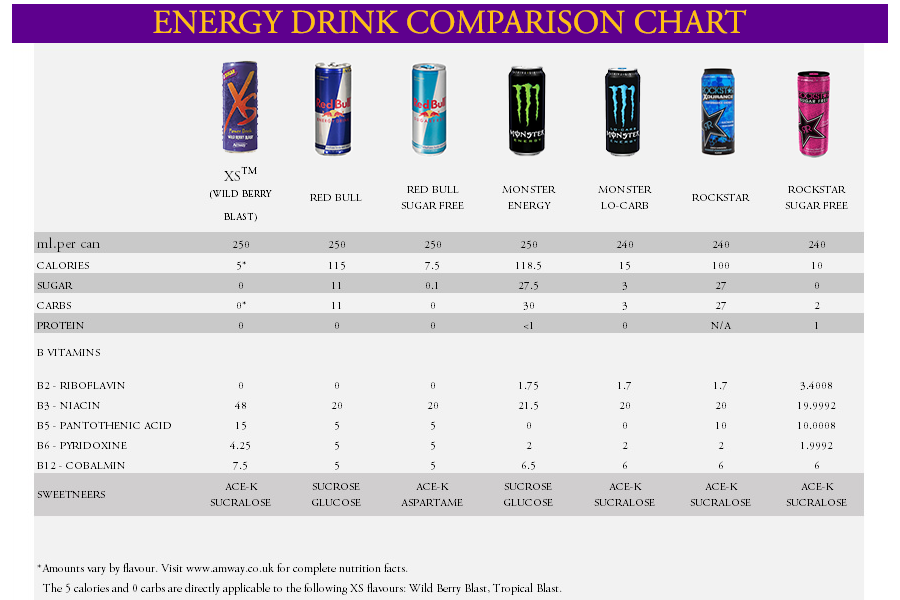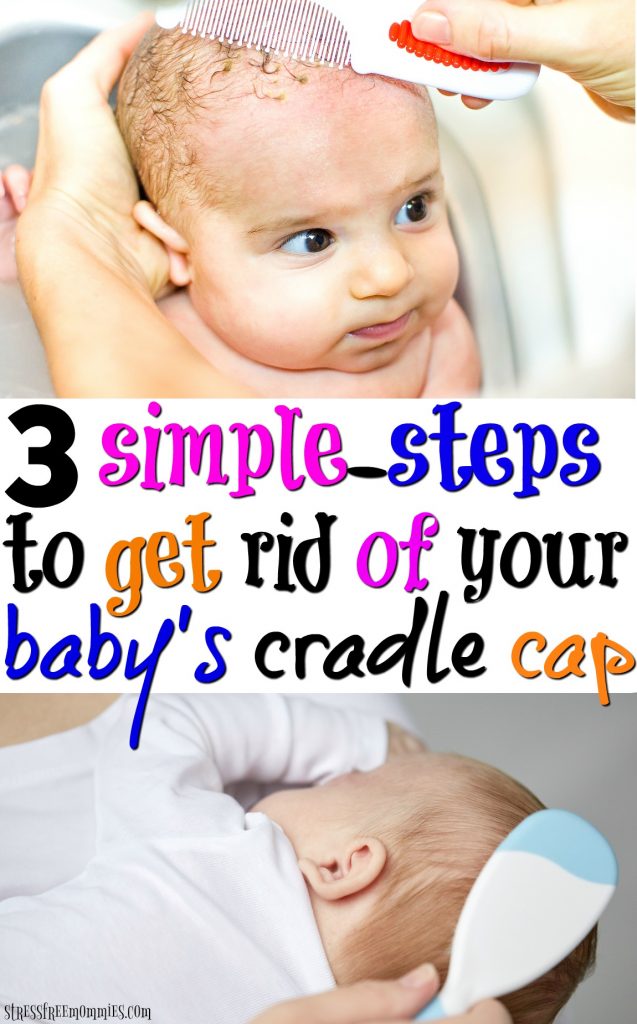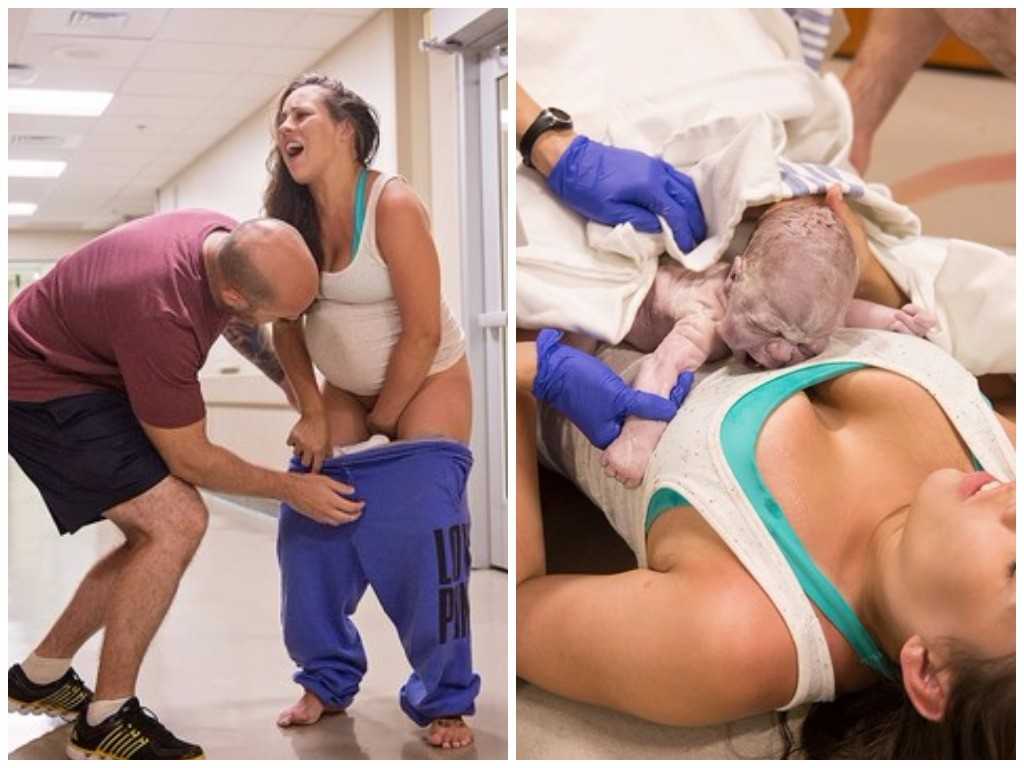Leg cramp 37 weeks pregnant
What causes leg cramps during pregnancy—and how to relieve the pain
Sleep is already hard enough to come by thanks to all those trips to the bathroom and the midnight parties the baby is having. And now you're adding leg cramps to the list. Here are a few ways you can relieve the pain.
After a long day of waddling around with your ever-growing baby belly, you finally settle in for some much-needed sleep. But just as you’re about to drift off, you get a sharp pain in your calf that jolts you wide awake. There’s nothing quite like pregnancy leg cramps.
What causes leg cramps?
YOU’RE PREGNANT!
Sign up to get weekly email updates on your baby »
Leg cramps are involuntary contractions of muscles at the back of the calf, and they often occur at night. Despite being a common pregnancy complaint, it’s not totally clear why they occur, says Amanda Selk, an OB/GYN at Women’s College Hospital in Toronto.
There are some theories, though. Leg cramps during pregnancy might be caused by fatigue, the uterus pressing on certain nerves, or decreased circulation in the legs from the pressure of the baby on blood vessels. They might also be caused by calcium or magnesium deficiency, or dehydration. But while being woken up by a sudden painful spasm is certainly unpleasant, leg cramps are generally nothing to worry about. (If they are severe and frequent, and are keeping you from sleeping, mention them to your health care provider at your next appointment.)
How can you relieve the pain?
In the midst of a spasm, try massaging your calf and flexing your foot, lifting your toes up and pushing your heel out, suggests Heather Martin, an Edmonton-based midwife. “Avoid pointing your toe—that exacerbates the cramping and can make it worse.” You can also try standing on a hard floor and lifting your toes to stretch the calf muscle and stop the cramping, holding onto something if needed for balance.
Natural cures for common pregnancy symptoms
Can you prevent leg cramps?
You can certainly try! Slowly flexing and releasing your feet several times before bed each night can help keep leg cramps during pregnancy at bay. Wearing compression stockings, and avoiding sitting or standing for long periods of time may also reduce the occurrence of cramping. Calcium and magnesium supplements can help too, as can lots of water. Martin recommends pregnant women drink two to three litres a day, but not in large quantities, as gulping down too much water can cause heartburn, another common pregnancy ailment.
Wearing compression stockings, and avoiding sitting or standing for long periods of time may also reduce the occurrence of cramping. Calcium and magnesium supplements can help too, as can lots of water. Martin recommends pregnant women drink two to three litres a day, but not in large quantities, as gulping down too much water can cause heartburn, another common pregnancy ailment.
Read more:
Varicose veins during pregnancy: Symptoms and treatment
What you need to know before booking a prenatal massage
Stay in touch
Subscribe to Today's Parent's daily newsletter for our best parenting news, tips, essays and recipes.- Email*
- CAPTCHA
- Consent*
Yes, I would like to receive Today's Parent's newsletter.
 I understand I can unsubscribe at any time.**
I understand I can unsubscribe at any time.**
FILED UNDER: Being pregnant health service seo Pregnancy Pregnancy health pregnancy symptoms
Leg cramps during pregnancy | Pregnancy Birth and Baby
Leg cramps during pregnancy | Pregnancy Birth and Baby beginning of content4-minute read
Listen
Leg pain can sometimes be a sign of a blood clot. If pain in your leg doesn’t go away, or if your leg is red, warm or swollen, see your doctor immediately.
Key facts
- Up to 3 in 10 people who are pregnant get leg cramps.
- Cramps are most common in your calf muscles.
- Cramps commonly happen at night in late pregnancy.

- To prevent leg cramps, try stretching your leg muscles before you go to bed and drink plenty of water.
- To ease a cramp, pull your toes up towards your ankle, rub the muscle, walk around or apply a heat pack.
What are leg cramps?
Leg cramps (pains) affect up to 3 in 10 people who are pregnant. They usually occur in your calf muscles, but can also occur in your thighs or feet. A cramp is a sign that your muscles are contracting very tightly when they shouldn’t be. This happens when acid builds up in your muscles.
Cramps usually happen at night. They are more common in your second and third trimesters.
Leg cramps are not the same as pelvic cramps.
What causes leg cramps during pregnancy?
There are many reasons suggested for cramps while you’re pregnant, such as changes to your metabolism, having a vitamin deficiency, being too active or not being active enough. However, nobody really knows why they occur in pregnancy.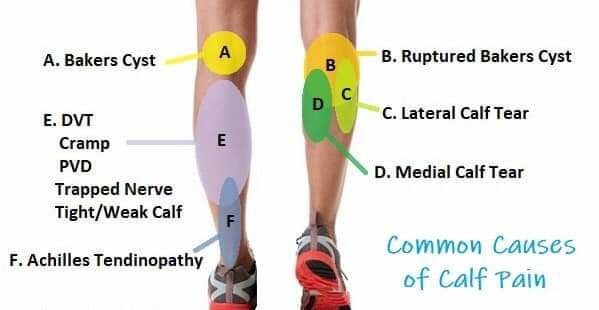
How can I get rid of cramps?
To ease a leg cramp, you can try:
- stretching the muscle by pulling your toes hard up towards the front of your ankle
- rubbing the muscle firmly
- walking around
- a heat pack
If you have a partner, you could ask them to help.
If your muscles are still sore after the cramp has gone, you can take paracetamol for pain relief.
How can I prevent leg cramps?
Things you can try that might help prevent cramps include:
- stretching your calf muscles before you go to bed
- drinking plenty of water
- having a warm bath before you go to bed
- eating a balanced diet
- avoiding stretching your leg while pointing your toes
Magnesium, calcium, vitamin B and vitamin C have been suggested as a treatment for cramps. It’s not clear whether any of these supplements work, but people often try magnesium and calcium. If you’re interested in trying supplements, talk to your doctor or midwife about whether they might be suitable for you.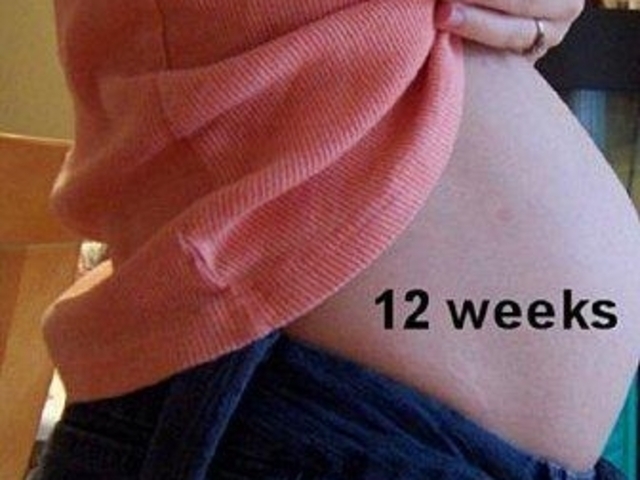
When should I talk to my doctor or midwife about cramps?
If leg cramps are bothering you, talk to your doctor or midwife.
Leg pain can sometimes be a sign of a blood clot. If pain in your leg doesn’t go away, or if your leg is red, warm or swollen, see your doctor immediately.
Speak to a maternal child health nurse
Call Pregnancy, Birth and Baby to speak to a maternal child health nurse on 1800 882 436 or video call. Available 7am to midnight (AET), 7 days a week.
Sources:
Therapeutic Guidelines (Muscle cramps, including leg cramps in pregnant women), NSW Government (Having a baby), Queensland Health (6 weird things that may happen to your body during pregnancy), King Edward Memorial Hospital (Minor Symptoms or Disorders in Pregnancy King Edward Memorial Hospital Clinical Guidelines: Obstetrics & Midwifery), Queensland Health (VTE in pregnancy (a blood clot in the vein)), NPS (Magnesium, a treatment for leg cramps?), Royal Women’s Hospital (Common concerns in early pregnancy)Learn more here about the development and quality assurance of healthdirect content.
Last reviewed: July 2022
Back To Top
Related pages
- Common discomforts during pregnancy
- Swelling during pregnancy
- Varicose veins
Need more information?
Pregnancy at week 28
You are now in the third trimester and you'll probably be feeling many of the common discomforts of pregnancy, like a sore back, swelling, heartburn or cramps.
Read more on Pregnancy, Birth & Baby website
Common discomforts during pregnancy
Your body has a great deal to do during pregnancy. Sometimes the changes taking place will cause irritation or discomfort, and on occasions they may seem quite alarming.
Read more on Pregnancy, Birth & Baby website
Pregnancy health problems & complications | Raising Children Network
Many pregnancy health problems are mild, but always call your doctor if you’re worried about symptoms. A healthy lifestyle can help you avoid health problems.
A healthy lifestyle can help you avoid health problems.
Read more on raisingchildren.net.au website
Pregnancy - signs and symptoms - Better Health Channel
All women experience pregnancy differently, and you will experience different symptoms at different stages of your pregnancy.
Read more on Better Health Channel website
Sleep during pregnancy
Sleep can become a problem when you're pregnant. Here are some tips to help you get as much sleep as possible so you’re ready for your baby's arrival.
Read more on Pregnancy, Birth & Baby website
Pregnancy at week 33
Your baby's brain and nervous system are now fully developed, and the baby is continuing to gain weight. You'll probably also be feeling sore and tired.
You'll probably also be feeling sore and tired.
Read more on Pregnancy, Birth & Baby website
Pregnancy at week 25
As you are approaching the end of the second trimester, you might be starting to feel a bit uncomfortable as your baby continues to grow.
Read more on Pregnancy, Birth & Baby website
Pregnancy at week 26
Your baby is starting to put on fat and muscle and as your baby grows, your centre of gravity will shift, so you might find that you are starting to walk differently and maybe even a little clumsy.
Read more on Pregnancy, Birth & Baby website
Pregnancy and your mental health - Better Health Channel
Finding out you are pregnant can be a very exciting time. But it can also make you feel uncomfortable, unwell, worried and make you wonder how you are going to cope. And it doesn’t stop when the baby arrives. Some mums find it easy to adjust to life with a new baby. But others don’t!
But it can also make you feel uncomfortable, unwell, worried and make you wonder how you are going to cope. And it doesn’t stop when the baby arrives. Some mums find it easy to adjust to life with a new baby. But others don’t!
Read more on Better Health Channel website
Sclerotherapy - MyDr.com.au
Sclerotherapy is a treatment that involves the injection of a chemical solution into blood vessels, usually spider veins or superficial (surface) varicose veins on the legs.
Read more on myDr website
Disclaimer
Pregnancy, Birth and Baby is not responsible for the content and advertising on the external website you are now entering.
OKNeed further advice or guidance from our maternal child health nurses?
1800 882 436
Video call
- Contact us
- About us
- A-Z topics
- Symptom Checker
- Service Finder
- Linking to us
- Information partners
- Terms of use
- Privacy
Pregnancy, Birth and Baby is funded by the Australian Government and operated by Healthdirect Australia.
Pregnancy, Birth and Baby is provided on behalf of the Department of Health
Pregnancy, Birth and Baby’s information and advice are developed and managed within a rigorous clinical governance framework. This website is certified by the Health On The Net (HON) foundation, the standard for trustworthy health information.
This site is protected by reCAPTCHA and the Google Privacy Policy and Terms of Service apply.
This information is for your general information and use only and is not intended to be used as medical advice and should not be used to diagnose, treat, cure or prevent any medical condition, nor should it be used for therapeutic purposes.
The information is not a substitute for independent professional advice and should not be used as an alternative to professional health care. If you have a particular medical problem, please consult a healthcare professional.
Except as permitted under the Copyright Act 1968, this publication or any part of it may not be reproduced, altered, adapted, stored and/or distributed in any form or by any means without the prior written permission of Healthdirect Australia.
Support this browser is being discontinued for Pregnancy, Birth and Baby
Support for this browser is being discontinued for this site
- Internet Explorer 11 and lower
We currently support Microsoft Edge, Chrome, Firefox and Safari. For more information, please visit the links below:
- Chrome by Google
- Firefox by Mozilla
- Microsoft Edge
- Safari by Apple
You are welcome to continue browsing this site with this browser. Some features, tools or interaction may not work correctly.
Reduces legs during pregnancy: what to do?
Pregnancy is a time of waiting and doubts. Probably, women never have so many questions. Why does it bring her legs together so often? What to do if you wake up with cramps at night? How to deal with this scourge and avoid bouts of pain in the legs? We are looking for answers to these and other questions.
What are seizures?
Legs cramps not only during pregnancy, from time to time every person faces unpleasant painful cramps. A cramp is a sudden, uncontrollable muscle contraction that a person cannot relax. This condition can be caused by neurological disorders (for example, seizures are characteristic of epilepsy), a number of diseases (such as diabetes mellitus, osteochondrosis, and others), and can also be associated with physiological conditions. After all, convulsions occur, for example, after a strong overload, dehydration, hypothermia, etc. Sometimes cramps cause severe sharp pain. Sometimes it seems that the legs are pulling. During pregnancy, this condition, unfortunately, is noted quite regularly.
Why do pregnant women cramp their legs?
The mechanism of muscle contraction is quite complex, it involves different ions (charged particles): potassium, calcium, sodium and magnesium. If we are talking about a cramp, that is, a condition when we cannot relax a muscle, then magnesium ions play a leading role here. It is their lack that leads to the fact that women cramp their calves during pregnancy at night.
It is their lack that leads to the fact that women cramp their calves during pregnancy at night.
The lack of minerals in the body of the expectant mother is simply explained: such consequences are the restructuring of metabolism and functioning in the "double load" mode. In particular, the expectant mother needs one and a half times more magnesium than usual.
In addition to helping muscles relax, magnesium is also involved in a number of important physiological processes. In particular, magnesium is needed to regulate the processes of formation and expenditure of energy, it is involved in several hundred enzymatic reactions, and if there is little magnesium, then disturbances can occur in the work of almost any body system. Therefore, if magnesium preparations are prescribed during pregnancy, this recommendation should not be ignored.
Why do pregnant women cramp their legs at night?
The answer to this question is very simple. The fact is that during the day the body of the expectant mother bears an increased load. And the longer the gestation period, the greater this load. Violation of blood circulation, increased stress on the muscles - all this can cause night cramps.
And the longer the gestation period, the greater this load. Violation of blood circulation, increased stress on the muscles - all this can cause night cramps.
What should I do if my legs cramp during pregnancy?
To begin with, tell the doctor you are seeing about this. The magnesium preparations already mentioned, which he most likely recommends to you, can help solve the problem.
However, the reason that the expectant mother cramps her legs during pregnancy may be not only a metabolic disorder. Often, muscle spasms begin as a result of varicose veins - the "faithful" companion of pregnancy. The veins of a woman carrying a baby are subject to increased stress. In addition, hormonal changes in the body seriously affect the state of blood vessels. All this contributes to the development of varicose veins. And a violation of the blood supply to the muscles of the legs, in turn, leads to convulsions.
If the expectant mother is faced with varicose veins, then the best prevention of its progression is to wear compression stockings selected by the doctor in accordance with the gestational age.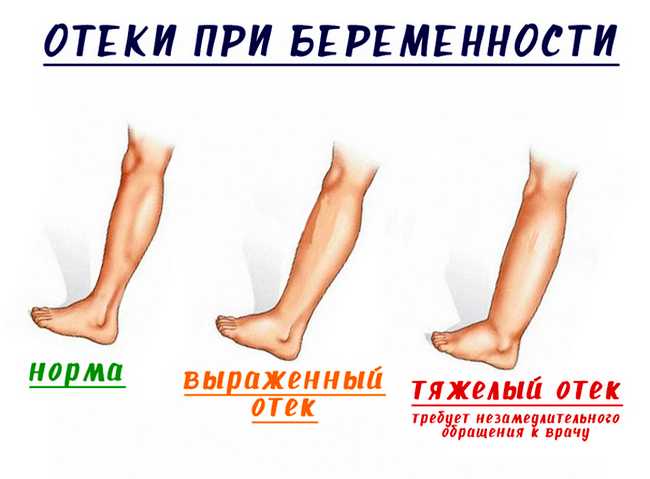 You also need to give birth in stockings, so that during a particularly intense load on the veins to avoid worsening their condition.
You also need to give birth in stockings, so that during a particularly intense load on the veins to avoid worsening their condition.
It is important to remember that any discomfort in the well-being of a pregnant woman must be discussed with the doctor who is seeing the expectant mother. Even if the legs cramp infrequently, what to do during pregnancy should be determined by a specialist. This is the only way to avoid serious problems and ensure the health and comfort of both mother and child.
Leg cramps in pregnancy: causes, symptoms and first aid
Number of views: 96 191
Leg cramps in pregnant women: how to deal with this problem? First of all, you need to try to determine the cause.
Symptoms of leg cramps during pregnancy
Leg cramps are a painful contraction (spasm) of the calf muscles. The pain comes on suddenly and seems to permeate the whole body. Depending on the cause, leg cramps in pregnant women can occur at any time of the day.
Leg cramps in pregnant women: the main causes
The occurrence of leg cramps during pregnancy is most often associated with the following reasons:
Deficiency of these elements can be caused by:
- in the first trimester - frequent vomiting associated with toxicosis, as a result of which the body loses a large number of trace elements;
- in the second trimester - an increased need for a large amount of mineral salts due to the active growth of the unborn baby to form his skeletal system;
- excretion in the urine as a result of diuretics not agreed with the doctor;
- unbalanced diet.
2. Anemia
Anemia can lead to a lack of oxygen supply needed by the muscles. This can cause leg cramps in pregnant women.
Characteristically, convulsions associated with anemia or a lack of certain trace elements occur at any time of the day.
3. Stagnation of blood circulation associated with low mobility
Seizures can be provoked by being in an uncomfortable static position for a long time.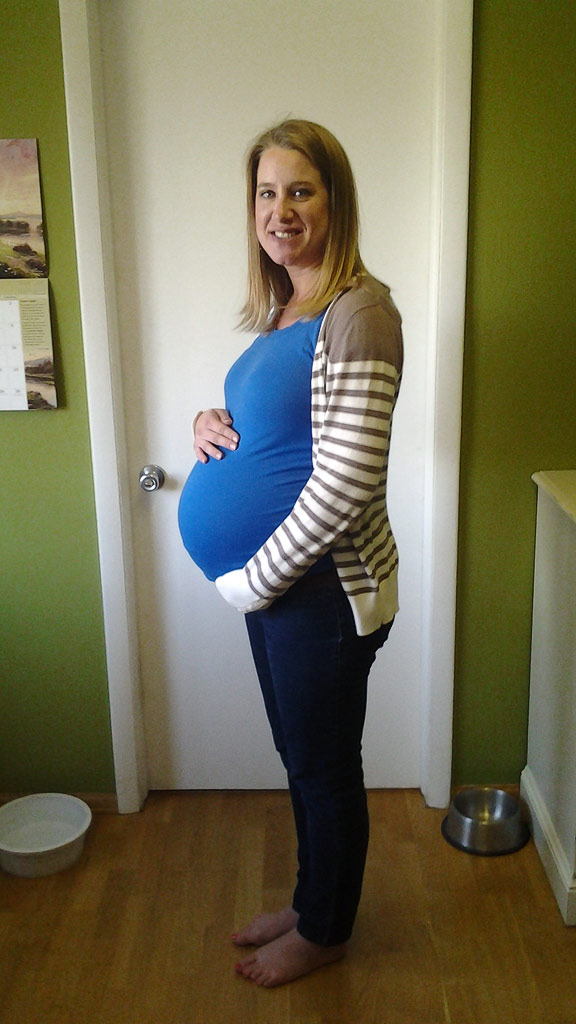
4. Varicose veins
As a result of stagnation of blood in the veins, cramps in the calf muscles may appear. They usually occur at rest: in the evening before bedtime or at night.
5. Reduce blood glucose
Glucose is the body's most important source of energy. A drop in this indicator entails energy starvation of the body, which can provoke leg cramps in pregnant women.
Convulsions associated with this cause are more likely to occur at night or in the early morning.
6. Inferior vena cava syndrome
From the second half of pregnancy, the growing uterus can compress the inferior vena cava, which leads to stagnation of blood in the lower extremities, the development of edema, and as a result, seizures. It is characteristic that leg cramps in pregnant women occur when lying on the back or on the right side.
7. Hypothermia
Cold leads to vasoconstriction, thereby causing calf cramps.
8. Dehydration
First aid for cramps
How can you help yourself during a cramp?
- Elevate the leg if possible, slowly but firmly pull the big toe towards you, or pull the whole foot towards you
- Try to breathe deeply and calmly while doing this.

- Helps kneading massage of the calf muscle to warm it up. Involve your loving husband. You can use massage balls or a hand massager. You can press your index finger into the center of the calf muscle for at least 20 seconds
- Pinching and stabbing the calf muscle helps to take your mind off the pain
- You can try a hot shower or heating pad
- After an attack, you can put on stockings or leggings (preferably pre-warmed) to keep the muscles warm and relax better
- Walking barefoot slowly can help, which improves blood circulation in the muscles of the legs
Treating seizures in pregnancy
Be sure to tell your gynecologist if you experience seizures. To identify the cause of this pathology, the doctor may prescribe additional laboratory tests, as well as examinations by narrow specialists.
Read in the online magazine: "The best doctors according to moms: voting results"
If necessary, the doctor will prescribe medication, multivitamins for expectant mothers or additional intake of calcium and magnesium supplements.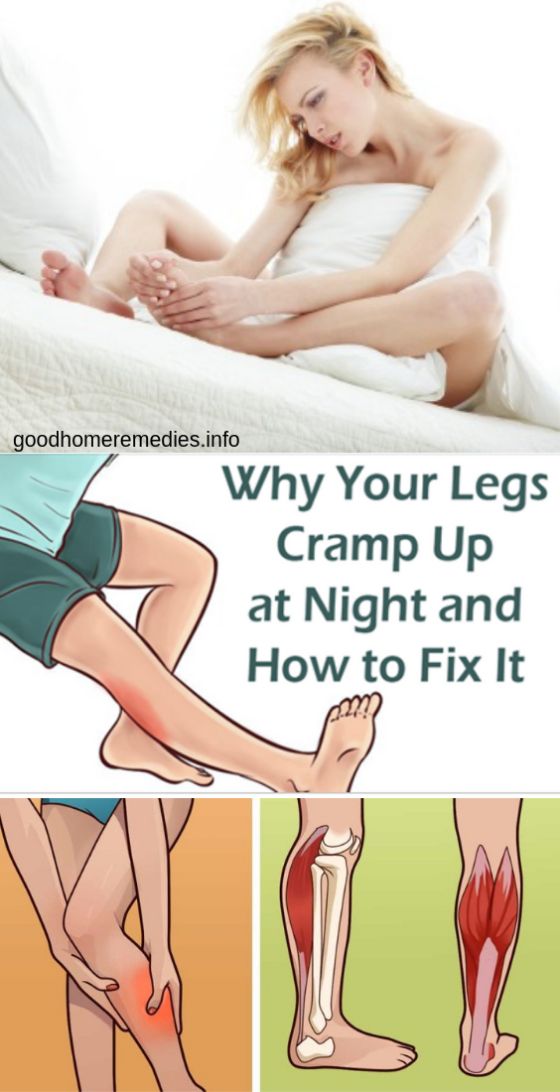 Additional intake of calcium supplements should be agreed with the doctor and stopped after 35 weeks of pregnancy. Never “prescribe” vitamins and supplements to yourself without consulting a doctor!
Additional intake of calcium supplements should be agreed with the doctor and stopped after 35 weeks of pregnancy. Never “prescribe” vitamins and supplements to yourself without consulting a doctor!
If the level of glucose in the blood is low, the endocrinologist prescribes drugs to normalize this indicator.
In case of varicose veins, doctors prescribe wearing special compression underwear (socks, stockings or tights) to normalize vascular tone, restore blood flow, relieve swelling, which significantly reduces the risk of seizures. It is very important to choose the right size and degree of compression of prophylactic underwear.
Leg cramps in pregnancy: prevention
The following rules will help the expectant mother to avoid pain caused by cramps:
1. Proper balanced nutrition
- There should be 5-6 small meals per day
- Prefer complex carbohydrates (cereals, durum wheat pasta, fruits and vegetables), try to limit the use of "light" carbohydrates (sweets, starchy foods)
- Include in your diet plenty of foods rich in calcium (low-fat dairy products and milk, nuts, eggs, various types of cabbage), magnesium (nuts, seeds, legumes, fish, chicken, broccoli, carrots, spinach, raisins), potassium (bananas , potatoes, salmon, tomatoes, dried apricots, raisins, spinach, oranges, lean beef), B vitamins (dairy products, walnuts, red fish).
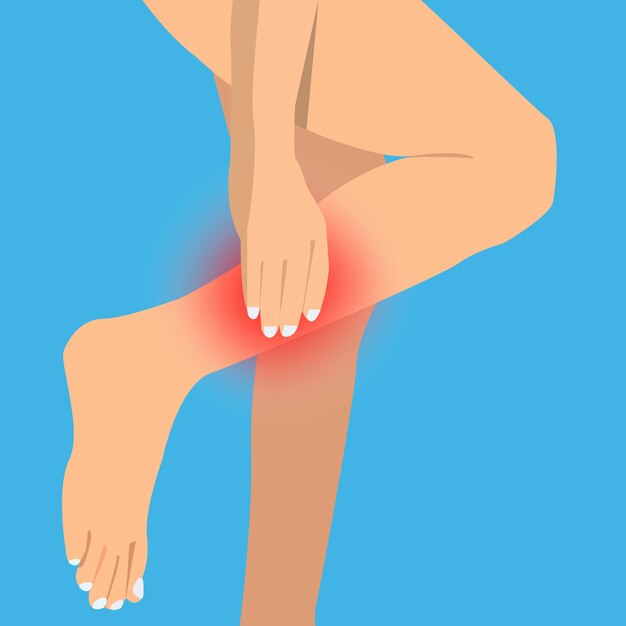
2. Reasonable physical activity
Reasonable and dosed physical activity will help improve blood circulation and prevent venous congestion. An excellent remedy for the prevention of seizures is the pool.
3. Proper footwear
Avoid uncomfortable, tight shoes and high heels. Wearing such shoes can lead to excessive stress on the foot and adversely affect the circulation of the legs.
4. Rest and foot massage
At the end of the day, try to lie down with your legs elevated. Do a light foot massage in the direction from the foot to the knee (you can use special refreshing creams).
An excellent option for relieving fatigue and swelling of the legs - contrast or tonic baths.
5. Avoid hypothermia
If your body is prone to hypothermia, wear warm socks for a night's sleep.
Following these simple recommendations, your legs will be "calm"!
MamExpert recommends: Courses for pregnant women "Intensive 2.

Learn more

